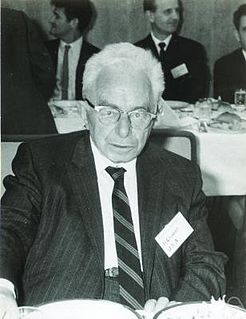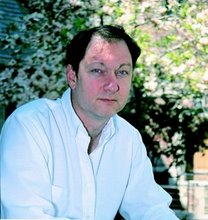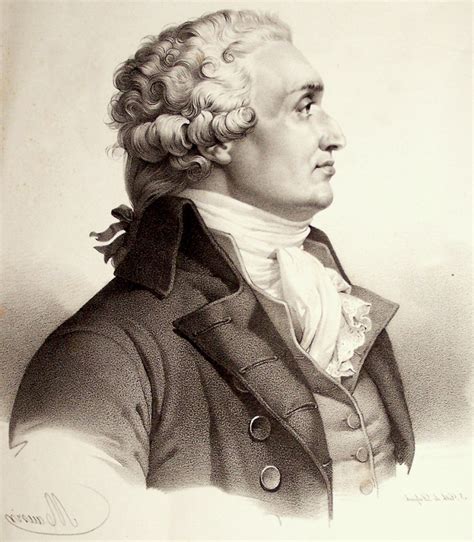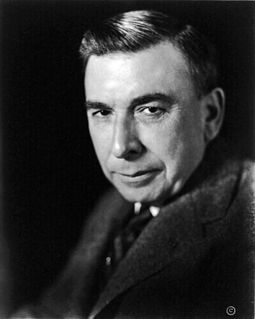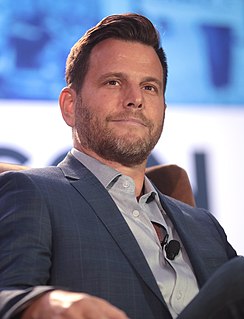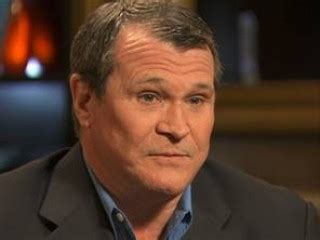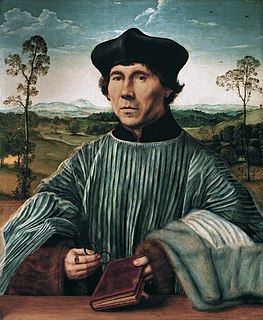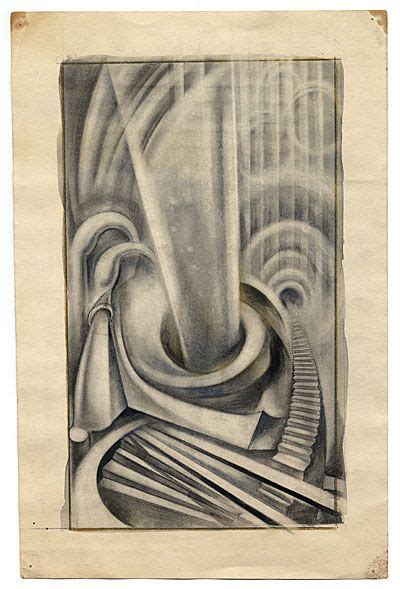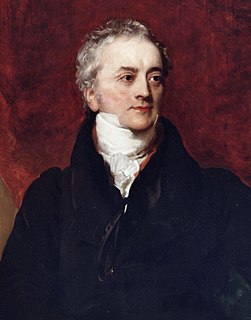Top 1200 Newton's Laws Quotes & Sayings
Explore popular Newton's Laws quotes.
Last updated on April 14, 2025.
Laws, it is said, are for the protection of the people. It's unfortunate that there are no statistics on the number of lives that are clobbered yearly as a result of laws: outmoded laws; laws that found their way onto the books as a result of ignorance, hysteria or political haymaking; antilife laws; biased laws; laws that pretend that reality is fixed and nature is definable; laws that deny people the right to refuse protection. A survey such as that could keep a dozen dull sociologists out of mischief for months.
The act of imagination is the opening of the system so that it shows new connections. Every act of act of imagination is the discovery of likenesses between two things which were thought unlike. An example is Newton’s thinking of the likeness between the thrown apple and moon sailing majestically in the sky. Hence, the ‘discovery’ of the laws of gravity.
Newton supposed that all matter attracted other matter inversely according to the square of the distance; and the hypothesis was found to account for the whole movements of the heavenly bodies; which all became verifications of what Newton supposed to be the law of the solar system. Adopt the hypothesis that Jesus was what He is represented, and the whole of the books and the history becomes a verification.
Does man's freedom consist in revolting against all laws? We say no, in so far as laws are natural, economic, and social laws, not authoritatively imposed but inherent in things, in relations, in situations, the natural development of which is expressed by those laws. We say YES if they are political and juridical laws, imposed upon men by men.
In my understanding of God I start with certain firm beliefs. One is that the laws of nature are not broken. We do not, of course, know all these laws yet, but I believe that such laws exist. I do not, therefore, believe in the literal truth of some miracles which are featured in the Christian Scriptures, such as the Virgin Birth or water into wine. ... God works, I believe, within natural laws, and, according to natural laws, these things happen.
The goodness or badness, justice or injustice, of laws varies of necessity with the constitution of states. This, however, is clear, that the laws must be adapted to the constitutions. But if so, true forms of government will of necessity have just laws, and perverted forms of government will have unjust laws.
A taxonomy of abilities, like a taxonomy anywhere else in science, is apt to strike a certain type of impatient student as a gratuitous orgy of pedantry. Doubtless, compulsions to intellectual tidiness express themselves prematurely at times, and excessively at others, but a good descriptive taxonomy, as Darwin found in developing his theory, and as Newton found in the work of Kepler, is the mother of laws and theories.
The laws of thought are natural laws with which we have no power to interfere, and which are of course not to be in any way confused with the artificial laws of a country, which are invented by men and can be altered by them. Every science is occupied in detecting and describing the natural laws which are inflexibly observed by the objects treated in the Science.
What’s your name, lad?” “Newton. Newton Pulsifer.” “LUCIFER? What’s that you say? Are ye of the Spawn of Darkness, a tempting beguiling creature from the pit, wanton limbs steaming from the fleshpots of Hades, in tortured and lubricious thrall to your Stygian and hellish masters?” “That’s Pulsifer,” explained Newton. “With a P. I don’t know about the other stuff, but we come from Surrey.” The voice on the phone sounded vaguely disappointed.
Our most conservative estimates show that by adopting shall-issue laws(concealed carry laws), states reduced murders by 8.5%, rapes by 5%, aggravated assaults by 7% and robbery by 3%... While support for strict gun-control laws usually has been strongest in large cities, where crime rates are highest, that's precisely where right-to-carry laws have produced the largest drops in violent crimes.
Everything we do understand about the universe - the periodic table of elements, Einstein's laws, Newton's laws, all of chemistry, all of biology - that's 4 percent of the universe. We got to the moon on the 4 percent we do understand. We landed on Mars on the 4 percent we do understand. So the day we crack the nut of the rest of that 95 percent... Oh my gosh.
When asked about which scientist he'd like to meet, Neil deGrasse Tyson said, "Isaac Newton. No question about it. The smartest person ever to walk the face of this earth. The man was connected to the universe in spooky ways. He discovered the laws of motion, the laws of gravity, the laws of optics. Then he turned 26.
Tell me it's never been done. Because the only real laws in this world-the only things we really know-are the two postulates of relativity, the three laws of Newton, the four laws of thermodynamics, and Maxwell's equation-no, scratch that, the only things we really know are Maxwell's equations, the three laws of Newton, the two postulates of relativity, and the periodic table. That's all we know that's true. All the rest are man's laws
The laws of Nature take precedence of all human laws. The purpose of all human laws is one - to defeat the laws of Nature. This is the case among all the nations, both civilized and savage. It is a grotesquerie, but when the human race is not grotesque it is because it is asleep and losing its opportunity.
The scientist who recognizes God knows only the God of Newton. To him the God imagined by Laplace and Comte is wholly inadequate. He feels that God is in nature, that the orderly ways in which nature works are themselves the manifestations of God's will and purpose. Its laws are his orderly way of working.
For the religious, passivism [i.e., objects are obedient to the laws of nature] provides a clear role of God as the author of the laws of nature. If the laws of nature are God's commands for an essentially passive world ..., God also has the power to suspend the laws of nature, and so perform miracles.
Epitaph on Newton: Nature and Nature's law lay hid in night: God said, "Let Newton be!," and all was light. [added by Sir John Collings Squire: It did not last: the Devil shouting "Ho. Let Einstein be," restored the status quo] [Aaron Hill's version: O'er Nature's laws God cast the veil of night, Out blaz'd a Newton's soul and all was light.
We went to the moon using just Newton's laws of motion and gravity. Newtonian dynamics we call it. So then we find out, "Well, this works because there's certain regimes we've never tested it in." Had we done so, we would show that it didn't work: For example, at very high speeds, very high gravity, Newton's laws fail. They just fail. You need Einstein's laws of motion and gravity. Those would be his special theory of relativity and general theory of relativity. Now you invoke those and it works.
Newton, for instance, attempted to comprehend the diversities of the universe with a single system of mathematical laws, the objectivity, sobriety and logic of Palladian architecture presented an aesthetic formula which, while accepting variations and adjustments according to climate and other needs, could be applied universally.
Charles Darwin [is my personal favorite Fellow of the Royal Society]. I suppose as a physical scientist I ought to have chosen Newton. He would have won hands down in an IQ test, but if you ask who was the most attractive personality then Darwin is the one you'd wish to meet. Newton was solitary and reclusive, even vain and vindictive in his later years when he was president of the society.
Many people say that we have sufficient laws in our country, just that they are not implemented properly. I completely disagree with them. I have studied many of the laws very carefully. We are still being governed by the same colonial laws which existed in British times. They have not been changed. Many of these laws need to be changed.
No one intuitively understands quantum mechanics because all of our experience involves a world of classical phenomena where, for example, a baseball thrown from pitcher to catcher seems to take just one path, the one described by Newton's laws of motion. Yet at a microscopic level, the universe behaves quite differently.




















